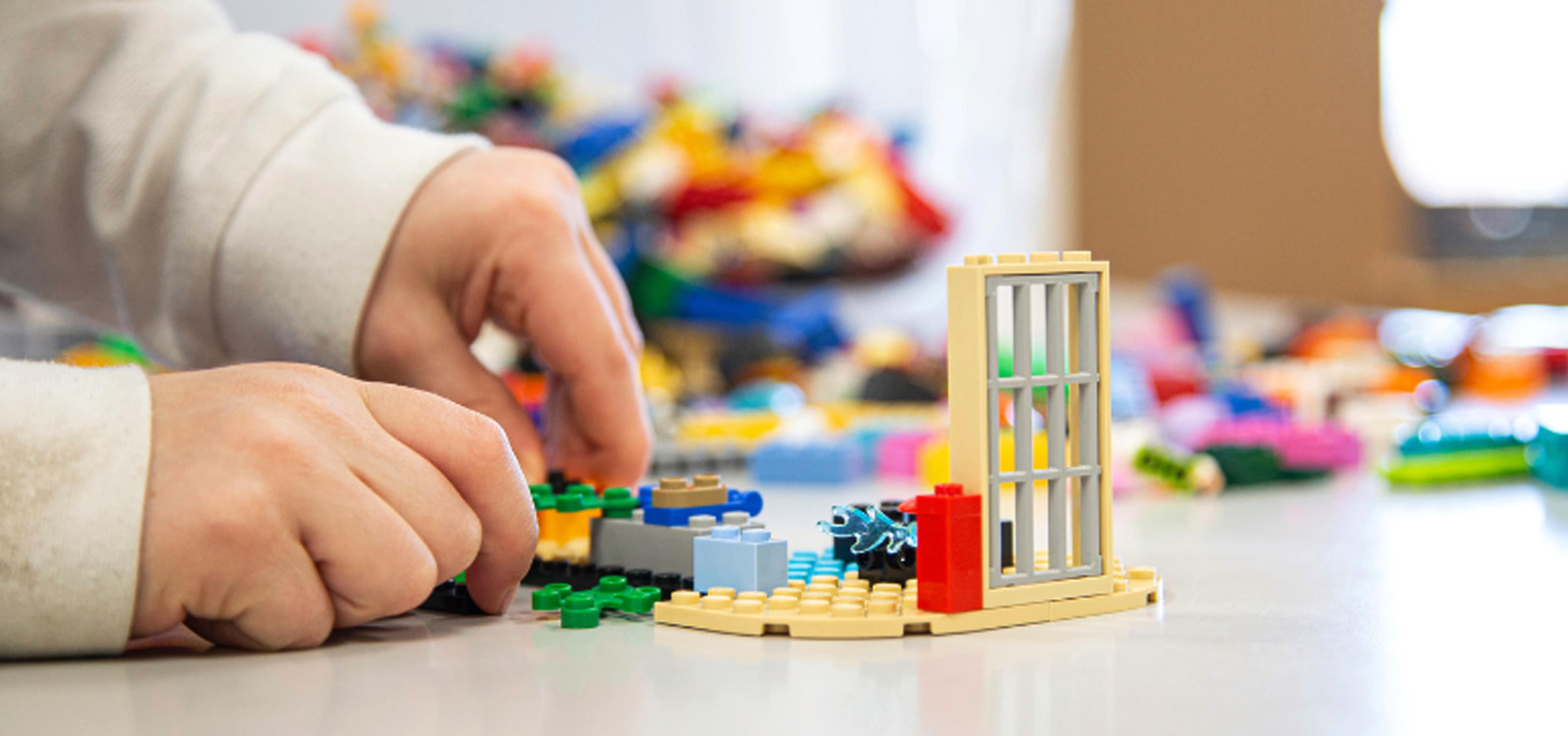Montessori education is often praised for its innovative approach to learning, which emphasises hands-on exploration, independent discovery, and individualised instruction. But what is the science behind Montessori?
At the heart of Montessori education is the belief that children have an innate desire to learn and that their natural curiosity and thirst for knowledge should be nurtured and supported. This belief is based on the work of pioneering Italian educator Maria Montessori, who believed that children are born with an inherent love of learning and that this love of learning should be cultivated through a carefully designed educational environment.

The Natural Cycle of Learning
The "natural cycle of learning" is a central concept in Montessori education, and it is rooted in scientific principles. The idea is that children go through specific stages of development, and that each stage is characterised by different needs and abilities. By understanding these stages of development, educators can provide children with an environment that supports their natural learning processes and helps them to reach their full potential.
The Scientific Principles Underlying Montessori Education
Cognitive psychology: importance of hands-on learning and direct experience
One key principle of the natural cycle of learning is that children learn best through direct experience and hands-on exploration. This is based on research in cognitive psychology, which has shown that active learning leads to better retention of information and deeper understanding of concepts.
Neuroscience: recognition of individual learning styles and the importance of personalised education
Another important principle is that children learn at their own pace and in their own way. This is supported by research in neuroscience, which has shown that individuals have unique learning styles and that traditional "one-size-fits-all" approaches to education are not effective for all students.
Developmental psychology: understanding the role of the environment in shaping brain development
The Montessori approach to education is also supported by research in developmental psychology, which has shown that children's brains develop in predictable stages, and that the environment plays a crucial role in shaping this development. By providing a carefully designed environment that supports children's natural learning processes, Montessori educators are able to help children reach their full potential and develop a deep love of learning that lasts a lifetime.
In conclusion, Montessori education is based in science, with a strong foundation in cognitive psychology, neuroscience, and developmental psychology. The natural cycle of learning is a central concept in Montessori education, and it is rooted in scientific principles that have been well-established through research.

